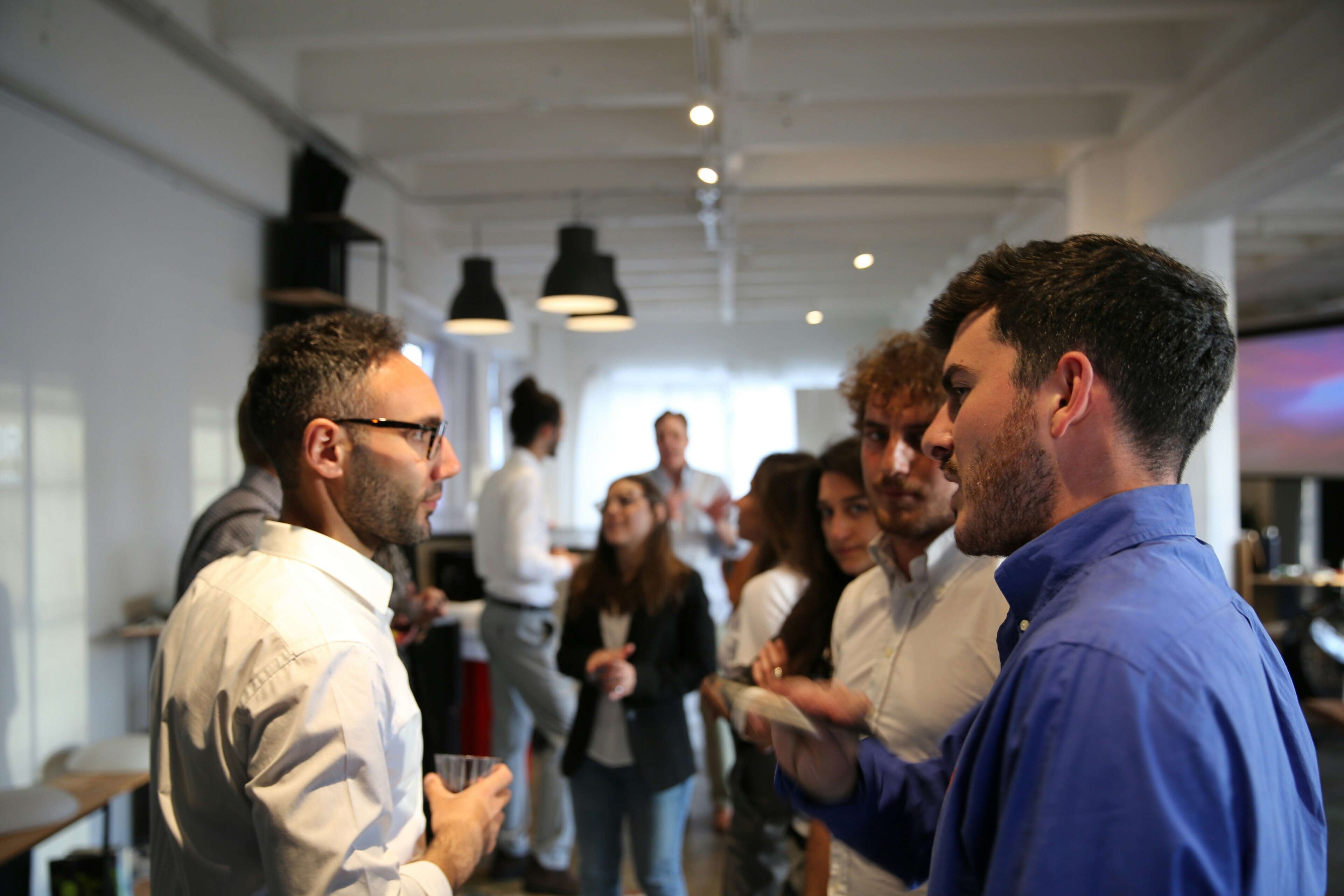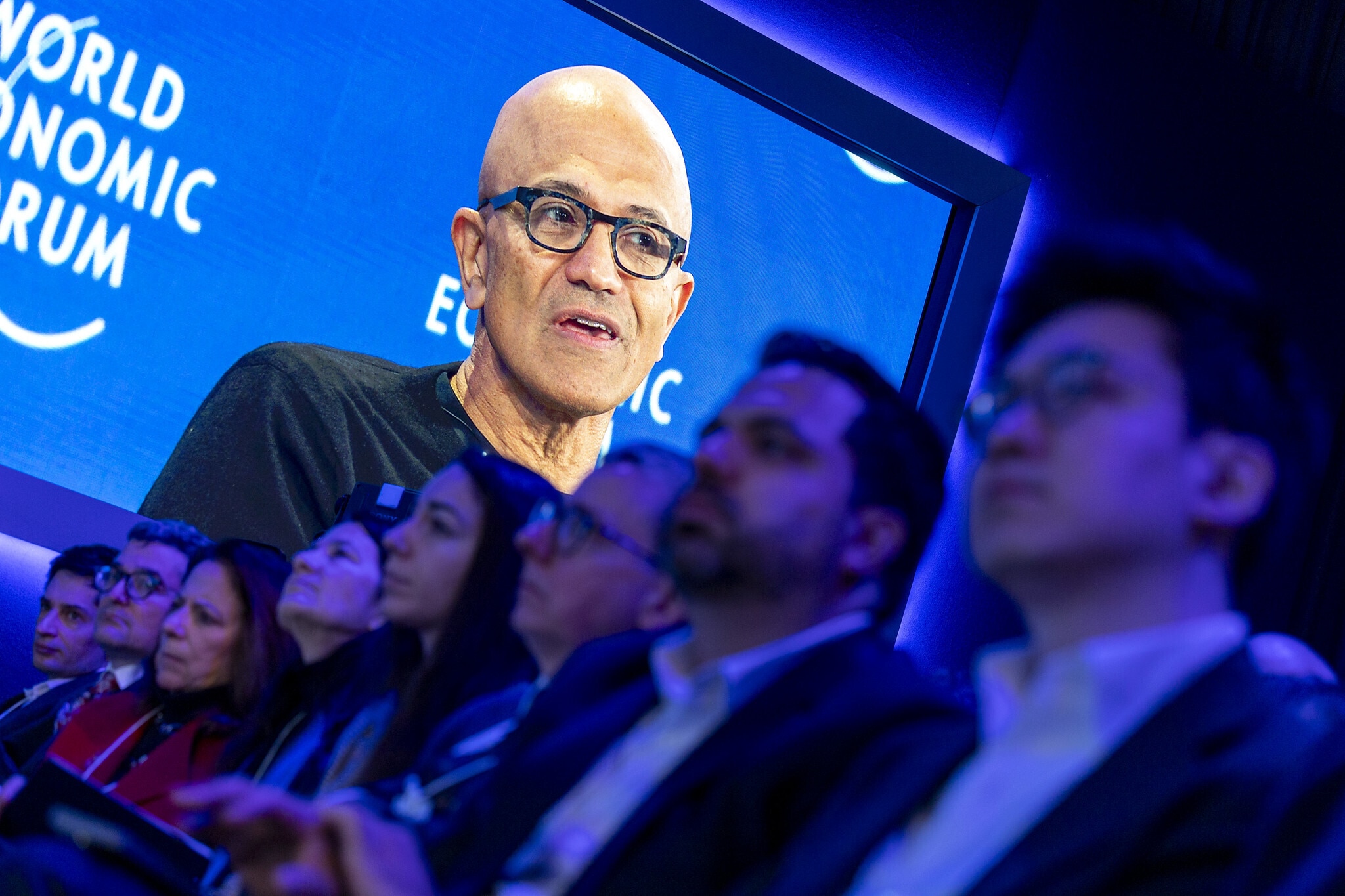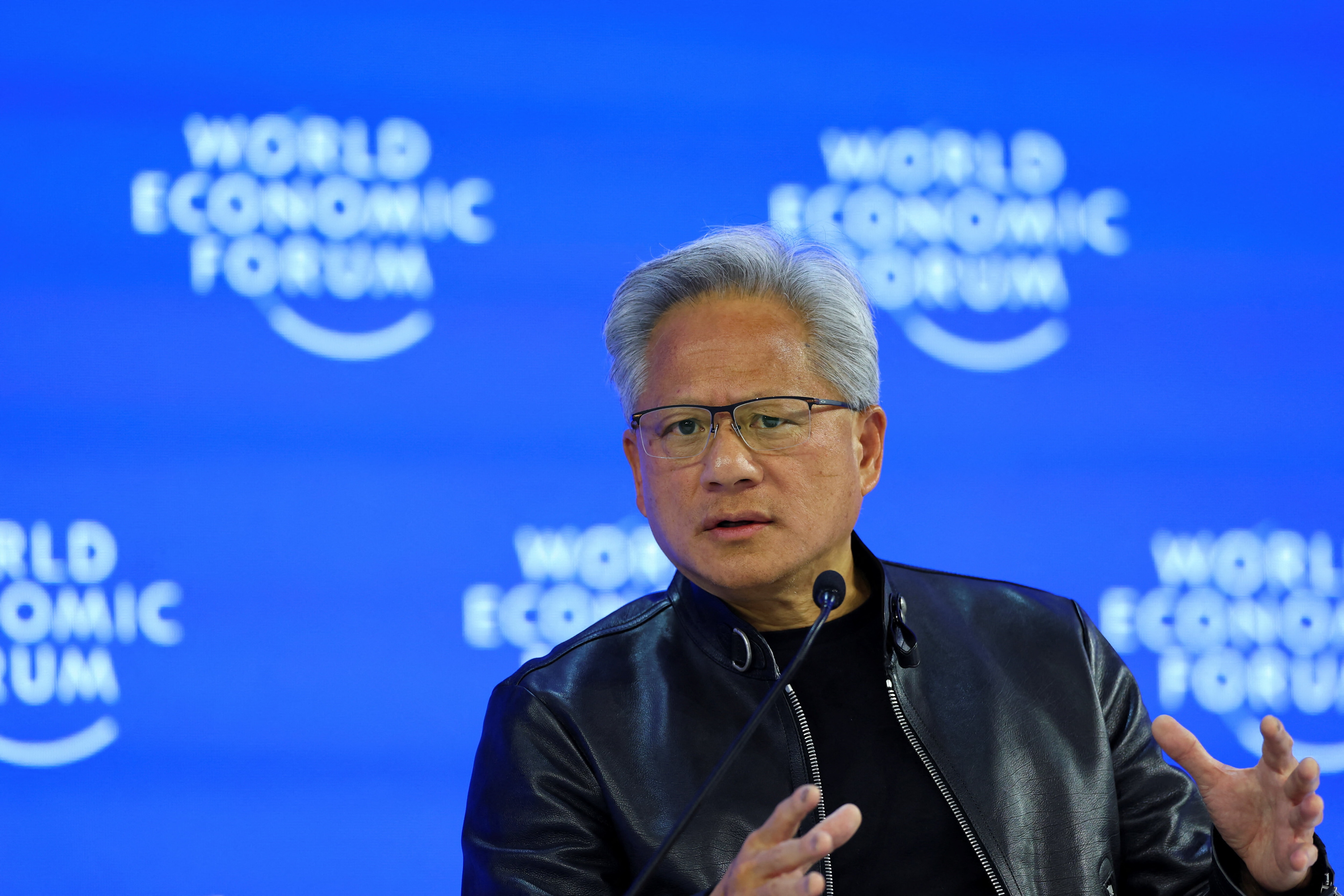Why we need to build support systems for founders everywhere

Start-ups are transforming global innovation Image: Unsplash/M Accelerator
- Start-up innovation is accelerating and decentralizing globally, thanks to technologies such as artificial intelligence and improved research and development tools.
- Strong innovation ecosystems are essential to sustaining and scaling great ideas – beyond funding, start-ups need mentorship, policy support, emotional resilience and community networks.
- This article was first published in Caixin Global, read it here.
Much of the technology shaping our daily lives began in a start-up: Google, Moderna, OpenAI. Look closely at different breakthroughs over the past three decades and chances are that they started with a small team and a big idea.
Behind these success stories are teams willing to take risks, test the improbable and push beyond what large institutions or established companies are too slow or too cautious to try.
They give us hope not because they have all the answers but precisely the opposite. It’s because they’re still asking hard questions and trying things that haven’t been done before.
Yet, the nature of start-ups is changing. A decade ago, launching an ambitious idea would have required a large team and millions of dollars in funding. Today, thanks to artificial intelligence (AI) and faster research and development tools, small teams can do in months what used to take years.
A handful of engineers with the right tools can take on entire industries. Large companies also have access to these tools but more often, they must consider organizational complexity, regulatory risk and shareholder pressure.
Promising concepts might never reach the institutions or collaborators that could help them scale.
”As a result, the geography of innovation is evolving too. While Silicon Valley still dominates venture-backed innovation – it drew 57% of all US venture funding last year – it’s no longer the only place where breakthrough ideas are emerging.
In India, companies such as Agnikul, GalaxEye and Digantara are advancing space innovation, from affordable launch services to Earth observation and intelligence.
In France, Quobly is developing large-scale quantum computers. And in China, Deep Principle is combining advanced AI and quantum chemistry to accelerate the development of chemical materials.
Still, the concentration of capital and visibility, exemplified by places like Silicon Valley, underscores a deeper tension. While innovation may be becoming more geographically distributed, the systems that support it – such as investment, infrastructure, policy access and media attention – are still concentrated.
That mismatch creates real risk.
Promising concepts might never reach the institutions or collaborators that could help them scale.
Founders can spend more time trying to access gatekeepers than actually building their businesses. And in fields where breakthroughs depend on partnerships with scientists, regulators or global supply chains, being disconnected can stall momentum before it even begins.
That’s where community – or, more accurately, your ecosystem – comes in. Not just a buzzword but a lifeline. Being a founder can be exhilarating but it’s also deeply isolating.
If you’re successful, everyone wants to be part of the story. If you’re not, you’re often left to fail alone. Few people truly understand what you’re going through and it takes an emotional and a mental toll, sometimes at the exact moment when you’re also starting a family or taking your biggest personal risks.
In that context, founders need a connection with people who’ve been through it and offer perspective when the stakes feel overwhelming. They need allies who can help translate their vision into execution and mentors who can share not just what worked but also what didn’t.
A healthy innovation ecosystem provides more than capital; it offers a sense of belonging. A system that supports not just ambition but endurance.
Just as importantly, global communities help rebalance the flow of attention and resources.
To be clear, not every start-up will succeed – that’s part of the deal. However, the bigger risk isn’t failure; it’s letting potential wither in the dark because nobody noticed or offered support.
”When innovation is happening everywhere, these networks push back against the gravitational pull of prestige and capital toward a few tech hubs. They help ensure that ideas from Lagos or Dublin aren’t overlooked simply because they weren’t born in Silicon Valley.
These communities thrive at all levels. Some are rooted in a place, such as Station F in Paris, the world’s largest start-up incubator, home to hundreds of companies that have collectively raised more than €1 billion for three consecutive years.
Others are bolstered by public–private action, such as initiatives led by the European Space Agency and UnternehmerTUM in Germany, both of which connect innovators in key sectors with the resources and support needed to accelerate new solutions.
The World Economic Forum’s own Technology Pioneers programme plays a similar role, spotlighting early-stage companies from around the world and connecting them to a global ecosystem of leaders, investors, experts and, of course, fellow start-ups.
Together, they build ecosystems that celebrate innovation as well as test and challenge it and help it grow.
What’s more, you don’t have to be a founder to strengthen them. Funders offer mentorship as well as capital. Policymakers create on-ramps by simplifying procurement rules or piloting regulatory test beds. Journalists help surface promising ideas before they scale.
For the rest of us, the question is simple: how do we open more doors?
To be clear, not every start-up will succeed – that’s part of the deal. However, the bigger risk isn’t failure; it’s letting potential wither in the dark because nobody noticed or offered support. Community helps reduce that risk.
We’re entering a moment when the problems are bigger, the pace is faster and the map of innovation is broader than ever. We need to ensure that good ideas don’t remain stuck simply because of where they originated. That means valuing not just the spark of invention but the systems that help it catch fire.
Don't miss any update on this topic
Create a free account and access your personalized content collection with our latest publications and analyses.
License and Republishing
World Economic Forum articles may be republished in accordance with the Creative Commons Attribution-NonCommercial-NoDerivatives 4.0 International Public License, and in accordance with our Terms of Use.
The views expressed in this article are those of the author alone and not the World Economic Forum.
Stay up to date:
Entrepreneurship
Forum Stories newsletter
Bringing you weekly curated insights and analysis on the global issues that matter.
More on Emerging TechnologiesSee all
Yousif Yahya and Abir Ibrahim
January 29, 2026






